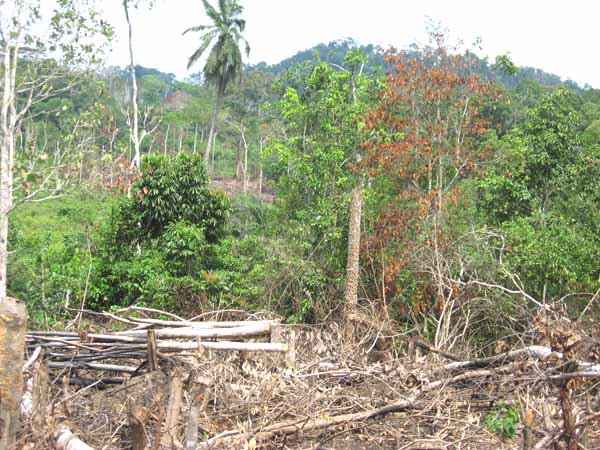
Parties to UN Framework Convention on Climate Change (UNFCCC) are meeting in Bonn for the next round of climate change negotiations from 30 April to 10 May to further develop the guidelines for implementing the landmark 2015 Paris Climate Change Agreement.
The final decisions are to be taken at the UN Climate Change Conference (COP24) in Poland at the end of this year.
Finalizing the Paris Agreement guidelines is also necessary to assess whether the world is on track to achieve the Agreement’s goals: to limit the global temperature increase to well below 2°C, while pursuing efforts to limit it to 1.5°C.
“To reach success at COP24, it is essential that nations begin working towards draft negotiating texts at the May meeting. This will provide a solid foundation for work in the second half of 2018 and help them to deliver a strong result,” said Ms. Patricia Espinosa, Executive Secretary of UN Climate Change.
At the UN Climate Change Conference (COP23) held last November under the leadership of Fiji, nations agreed to accelerate and complete their work to put in place the guidelines – officially termed the Paris Agreement Work Programme (PAWP) – at COP24 in Katowice, Poland in December.
The Talanoa Dialogue
Another important objective of the May session is holding the ‘Talanoa Dialogue’. This dialogue will facilitate the engagement of countries and a range of stakeholders in a vital international conversation around ambition now and in the future.
The Fiji-led Talanoa Dialogue is facilitated by the UN Climate Change secretariat and will benefit from the presence of high-level officials from Fiji, including the Prime Minister, who is the President of COP23.
The consultative dialogue will check progress, reaffirm the goals of the Paris Agreement and aim to find solutions to how countries can increase their ambition now and in the next round of their national climate action plans, officially termed ‘Nationally Determined Contributions’.
As per tradition in the Pacific region, the goal of a ‘talanoa’ is to share stories and to find solutions for the common good. Similarly, in the context of the international climate change process, the Talanoa Dialogue will invite participants to share stories to find solutions for the global common good.
“2017 witnessed many extreme weather events and disasters that caused suffering for millions of people around the world. The consequences of climate change impacts are already being felt, particularly by the most vulnerable communities,” said UN Climate Chief Ms. Espinosa.
“The Talanoa Dialogue is a key opportunity for all stakeholders to come together and share stories on how we can significantly step up climate action to prevent even greater human suffering in the future. I encourage widespread participation in the Dialogue,” she stated.
This first phase of the Fiji-led Dialogue will write history when countries and non-Party stakeholders including cities, businesses, investors and regions engage in interactive story-telling around current and future ambition for the first time on 6 May.
The output from these story-telling conversations will feed into the Talanoa Dialogue’s political phase at COP24. The political phase will bring together Ministers and high-level government officials for conversations with a view to generating political momentum.
Ambition before 2020
Throughout 2018, countries will also focus on how they can scale up their climate ambition and implementation in the pre-2020 period. All countries share the view that climate action prior to 2020 is essential. COP24 will hold an event to take stock of the pre-2020 efforts.
Earlier this year, Prime Minister Frank Bainimarama of Fiji, President of COP23, and Ms. Espinosa urged countries that are yet to do so to ratify the amendment containing the second commitment period of the Kyoto Protocol.
The Doha amendment sets out emission reduction commitments for the period 2012-2020 for many developed countries. The amendment has been ratified by 111 countries and will enter into force after it is ratified by just over 30 more.
Concerned about the need to accelerate action, Ms. Espinosa said, “I strongly urge developed countries to make progress towards mobilizing the USD 100 billion that they have pledged to provide per year by 2020. Many developing countries desperately need this support in order to make their contribution to climate action.”












